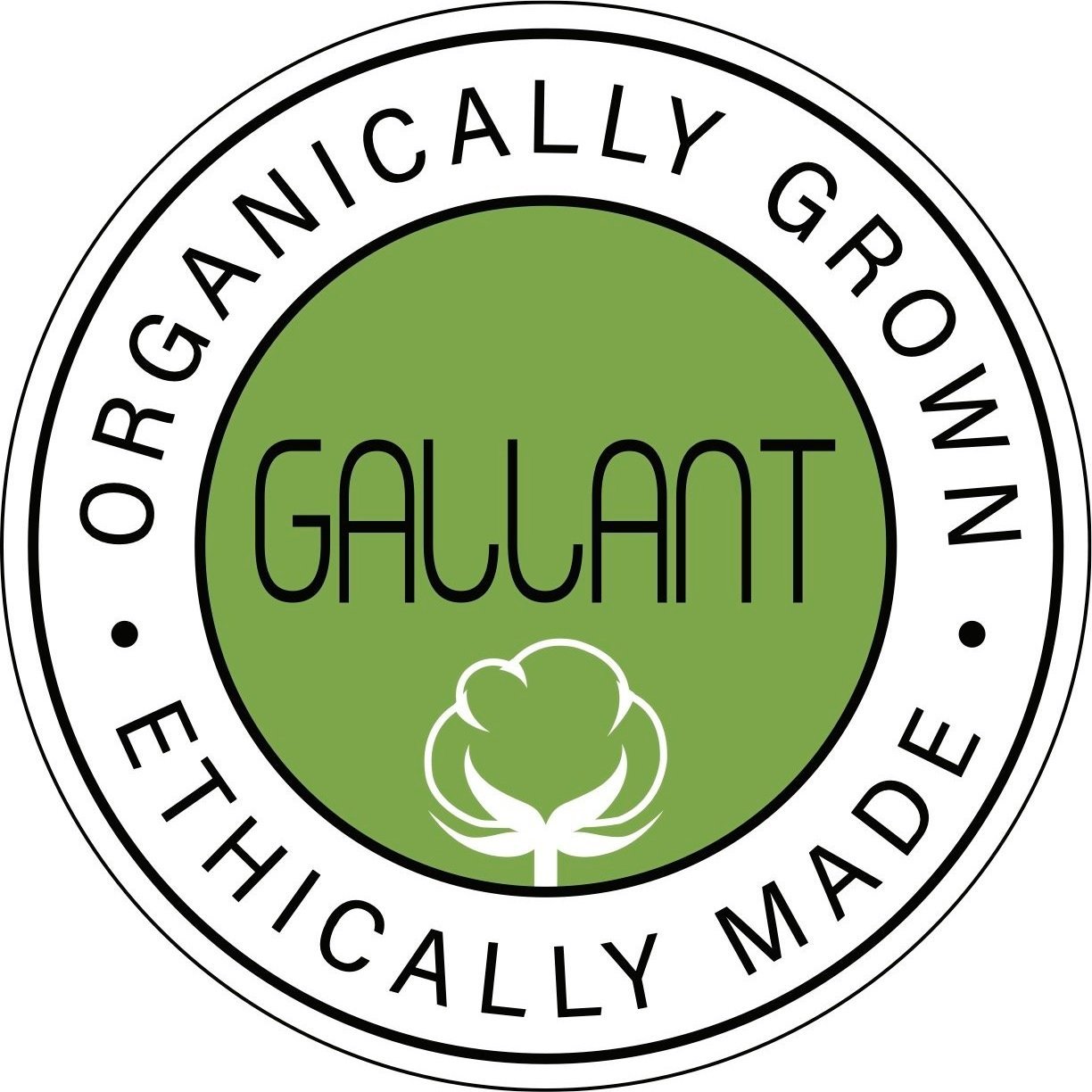What does Fair Trade mean to consumers?
Fair Trade is a trading partnership, based on dialogue, transparency, and respect, which seeks greater equity in international trade.
Is it paying workers more or making sure that farmers and factory workers are getting treated well? Is it like direct trade or is it something more? And does it only apply to chocolate or coffee or organic tote bags too?
Fair Trade is at the core of our business. It’s what we do and who we are, the mission of our company and the guiding force behind all of our business decisions. For us it’s more than just a phrase or a label--it’s a lifestyle.
Organic Cotton Seed Being Ginned
As the certification becomes more popular, there are more and more consumers who are aware of the concept but tend to only have a surface understanding of the concept as a whole.
As a Fair Trade private label company set on producing the finest Fair Trade cotton, we want to make sure our customers share our values, and to do that, they need to know what we believe in.
Fair trade, as defined by the World Fair Trade Organization:
Fair Trade is a trading partnership, based on dialogue, transparency, and respect, which seeks greater equity in international trade. It contributes to sustainable development by offering better trading conditions to, and securing the rights of, marginalized producers and workers. Fair Trade organizations have a clear commitment to Fair Trade as the principal core of their mission. They, backed by consumers, are engaged actively in supporting producers, awareness raising and in campaigning for changes in the rules and practice of conventional international trade.
To sum it up in a few sentences, Fair Trade is a global movement of consumers, producers, businesses, and certifiers that consider people and planet first. They all work together to make sure that they are focusing on treating resources as limited and creating products in a way that benefits the producers who make them and the land that grows them.
Organic Cotton Field
History of Fair Trade
Fair Trade developed out of a response to the negative results of unfair trade practices and the widening divide between the global north and south. Since its inception, the Fair Trade movement has been growing at an exponential rate as more consumers realize that while many benefit from open markets, subsidized commodity items and products that are mass produced, many farmers, artisans and children are losing their livelihoods, freedoms and in the worst cases, human rights.
During the last ten years there has been a 66% growth in Fair Trade sales, and in 2016 Fair Trade sales totaled over 7.88 million Euros!
What are the requirements?
To be Fair Trade certified, a product must be produced by a farmer, cooperative, or workers that meets certain standards set by the Fair Trade labeling body. Currently, there are over 11 certifiers internationally, each with their own standards. These standards may vary slightly, but their core values align. Some of the aligned standards are:
Workers receive a Fair Trade minimum wage
Environmental sustainability is upheld
Safe working conditions are provided
There is no forced or child labor
Premiums are given to producers based on the product they create
These premiums go to a communal fund to be used for development projects
The supply chain is transparent to consumers
Stay tuned for more blogs on what Fair Trade is and why you should support it. We want to challenge you to keep the conversation going by blogging about Fair Trade and why worker’s rights are so important. If you are looking ot buy fairtrade tote bags, check out Terra Thread.


